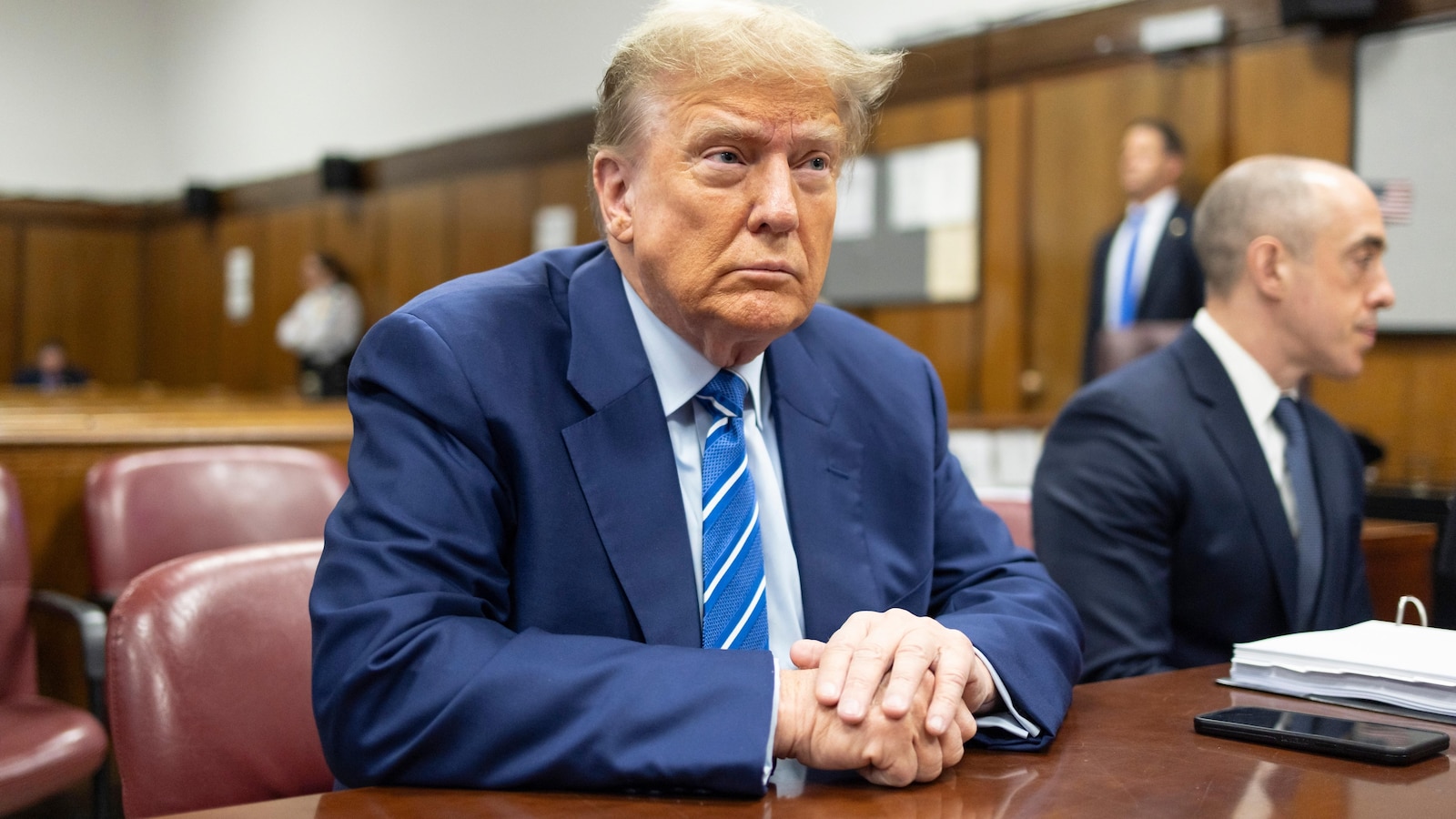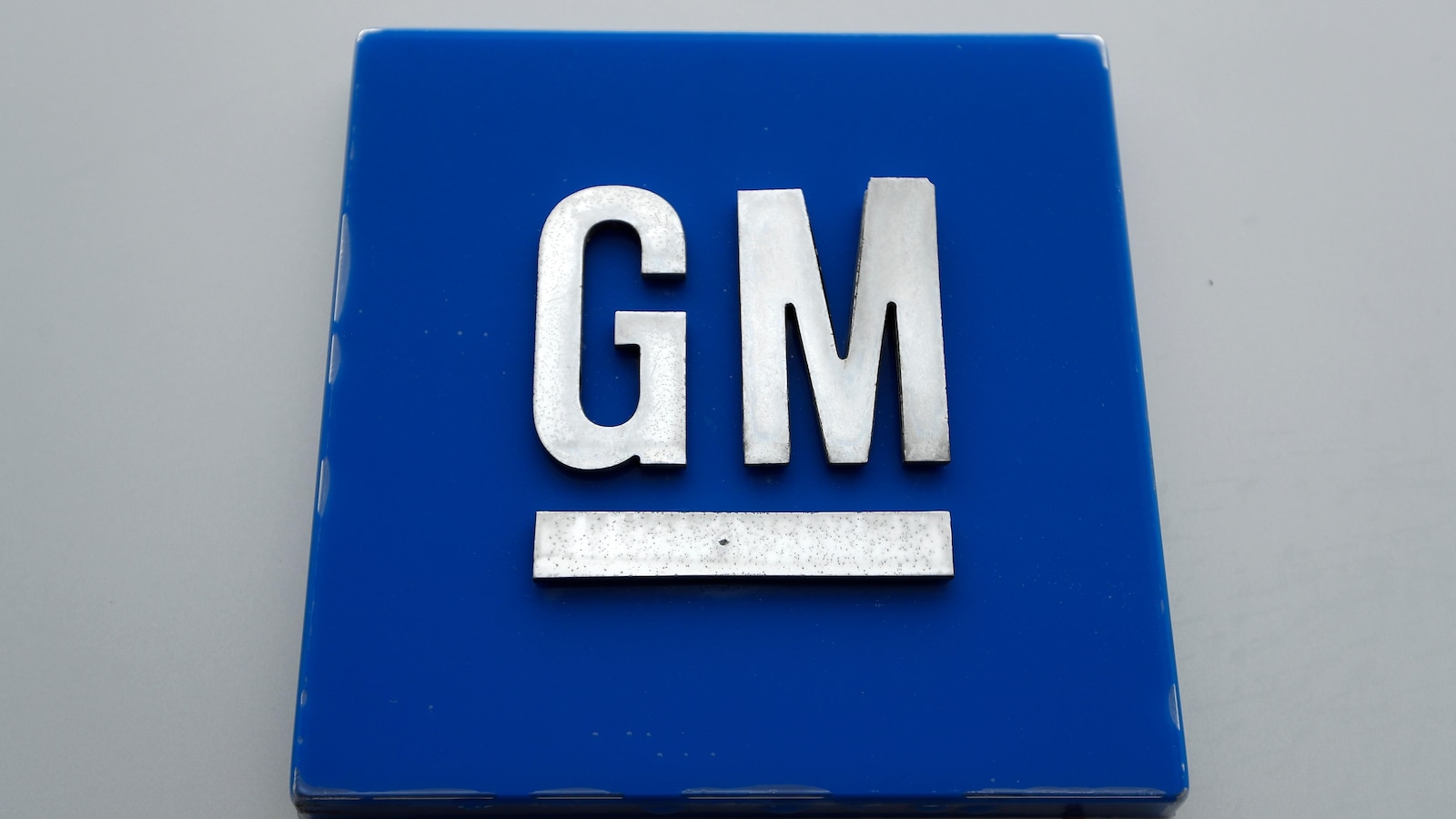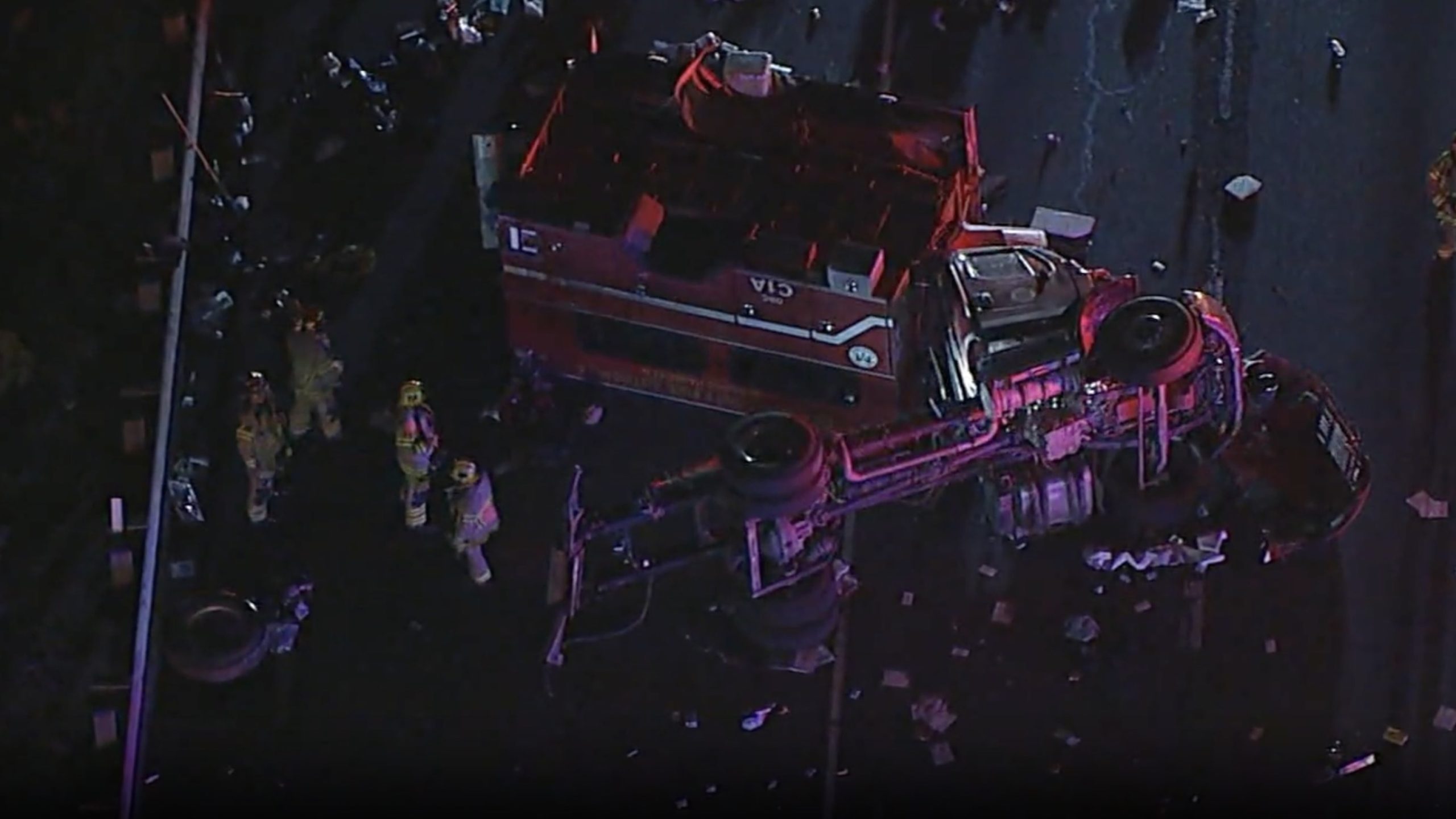
NEW YORK — The judge in Donald Trump’s hush money trial is pushing back a date for a key ruling on presidential immunity until two days before Trump’s scheduled sentencing.
The immunity decision had been due Sept. 6, with the sentencing set for Sept. 18. But then Trump’s lawyers asked Judge Juan M. Merchan last week to rule first on their renewed bid to get the judge to step aside from the case.
In a letter made public Tuesday, Judge Juan M. Merchan postponed the immunity ruling to Sept. 16 — if it’s still needed after he decides next week whether to recuse himself.
Merchan said the Republican presidential nominee is still due in court Sept. 18 for “the imposition of sentence or other proceedings as appropriate.”
Trump lawyer Todd Blanche and the Manhattan district attorney’s office, which is prosecuting the case, declined to comment.
A jury found Trump guilty in May of falsifying business records to conceal a deal to pay off porn actor Stormy Daniels shortly before the 2016 election. At the time, she was considering going public with a story of a sexual encounter with Trump a decade earlier.
Trump’s former lawyer Michael Cohen paid Daniels and was later reimbursed by Trump, whose company logged the repayment as legal expenses. Prosecutors said that was an effort to disguise the true nature of the transactions and the underlying hush money deal.
Trump denies Daniels’ claim, maintains he did nothing wrong and says the case is politically motivated. Manhattan DA Alvin Bragg is a Democrat.
Trump’s lawyers say the Supreme Court’s July ruling on presidential immunity warrants overturning the May guilty verdict and entirely dismissing the hush money case against Trump. The defense also c ontends that the trial was “tainted” by evidence that should not have been allowed under the high court’s ruling, such as testimony from some Trump White House staffers and tweets he sent while president in 2018.
The high court’s ruling curbs prosecutions of ex-presidents for official acts and restricts prosecutors in pointing to official acts as evidence that a commander in chief’s unofficial actions were illegal.
The Manhattan district attorney’s office maintains that the high court’s opinion “has no bearing” on the hush money case because it involves unofficial acts for which the former president is not immune.
Meanwhile, Trump’s lawyers asked Merchan last week, for a third time, to exit the case, saying his daughter’s work for Vice President Kamala Harris’ 2020 presidential campaign underscores questions about his ability to be impartial. Harris is now the Democratic nominee for president.
Merchan rejected two prior recusal requests last year, saying the defense’s concerns were “hypothetical” and based on “innuendos” and “unsupported speculation.”
But Trump lawyer Todd Blanche argued that Harris’ entry into the presidential race makes those issues “even more concrete” and said the judge hadn’t addressed them in enough detail.
The hush money case is one of four criminal prosecutions brought against Trump last year.
One federal case, accusing Trump of illegally hoarding classified documents at his Mar-a-Lago estate in Florida, was dismissed last month. The Justice Department is appealing.
The others — federal and Georgia state cases concerning Trump’s efforts to overturn his 2020 election loss — are not positioned to go to trial before the November election.
The legal battle over President Trump’s alleged involvement in hush money payments to women who claimed to have had affairs with him has taken a new turn with a delay in ruling on his claim of presidential immunity. The case, which has been making headlines for months, centers around payments made to adult film actress Stormy Daniels and former Playboy model Karen McDougal in the run-up to the 2016 presidential election.
Judge Victor Marrero of the U.S. District Court for the Southern District of New York has been tasked with deciding whether President Trump can be held liable for these payments while in office. The president’s legal team argues that he is immune from prosecution while serving as commander-in-chief, a claim that has been met with skepticism by legal experts and critics.
The delay in ruling on this matter has only added to the uncertainty surrounding the case. While some believe that Judge Marrero is taking his time to carefully consider all arguments before making a decision, others worry that the delay could be a sign of a more complex legal battle ahead.
One of the key issues at stake in this case is the question of whether a sitting president can be held accountable for actions taken before taking office. Critics argue that allowing President Trump to claim immunity in this case would set a dangerous precedent, effectively shielding him from any legal consequences for his actions prior to becoming president.
On the other hand, supporters of the president argue that he should be granted immunity in order to protect the office of the presidency from frivolous lawsuits and distractions. They argue that holding the president accountable for actions taken before taking office would open the door to endless legal battles and undermine his ability to govern effectively.
Regardless of where one stands on this issue, it is clear that the delay in ruling on presidential immunity in Trump’s hush money case is a significant development in a case that has already captured the attention of the nation. As the legal battle continues to unfold, all eyes will be on Judge Marrero as he weighs the arguments and ultimately decides the fate of this high-profile case.


